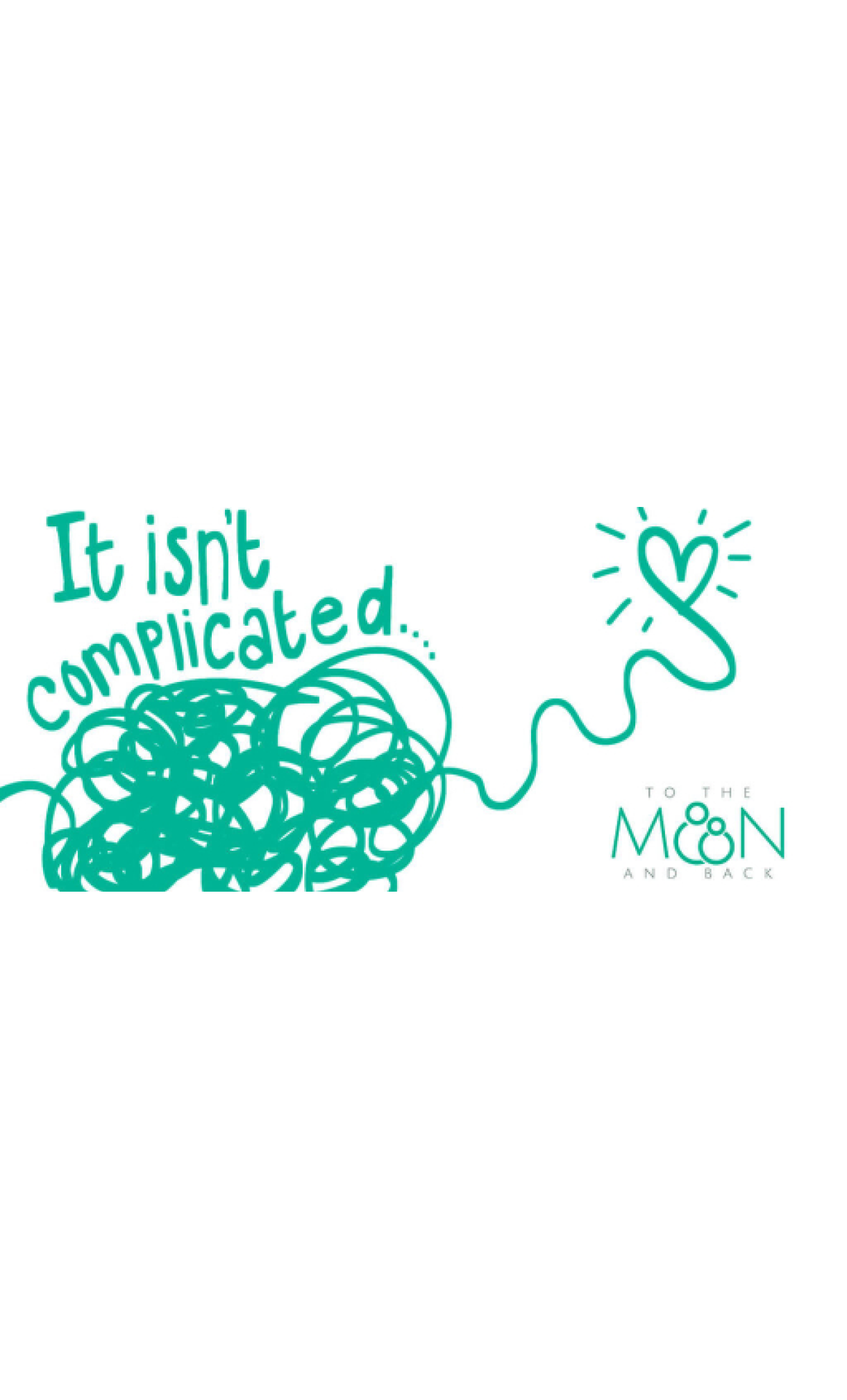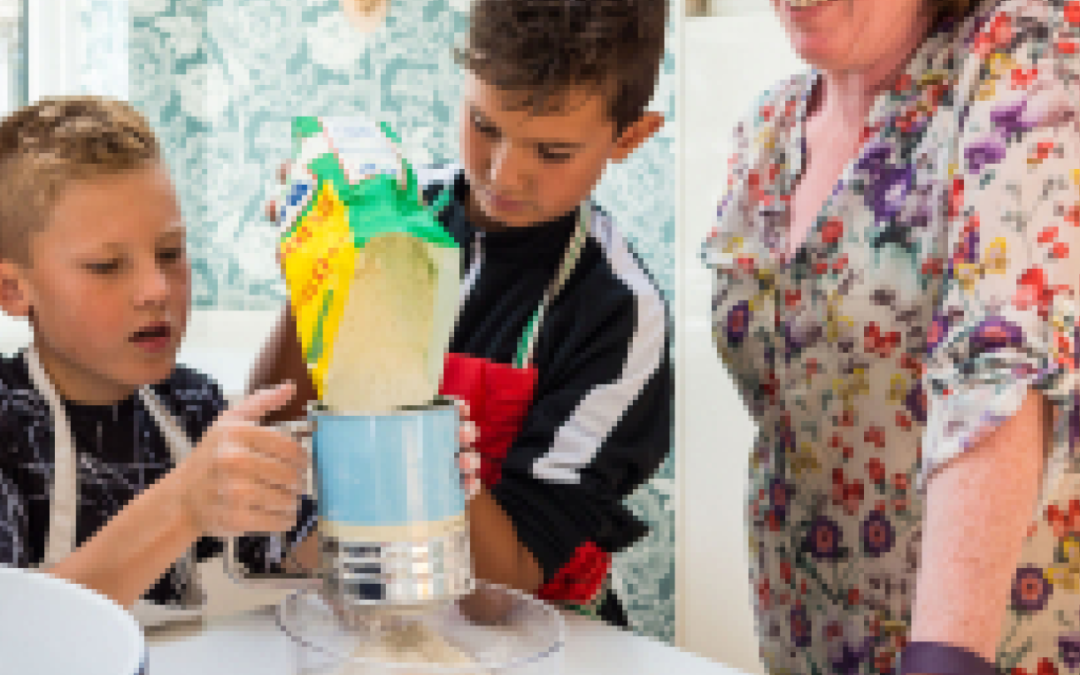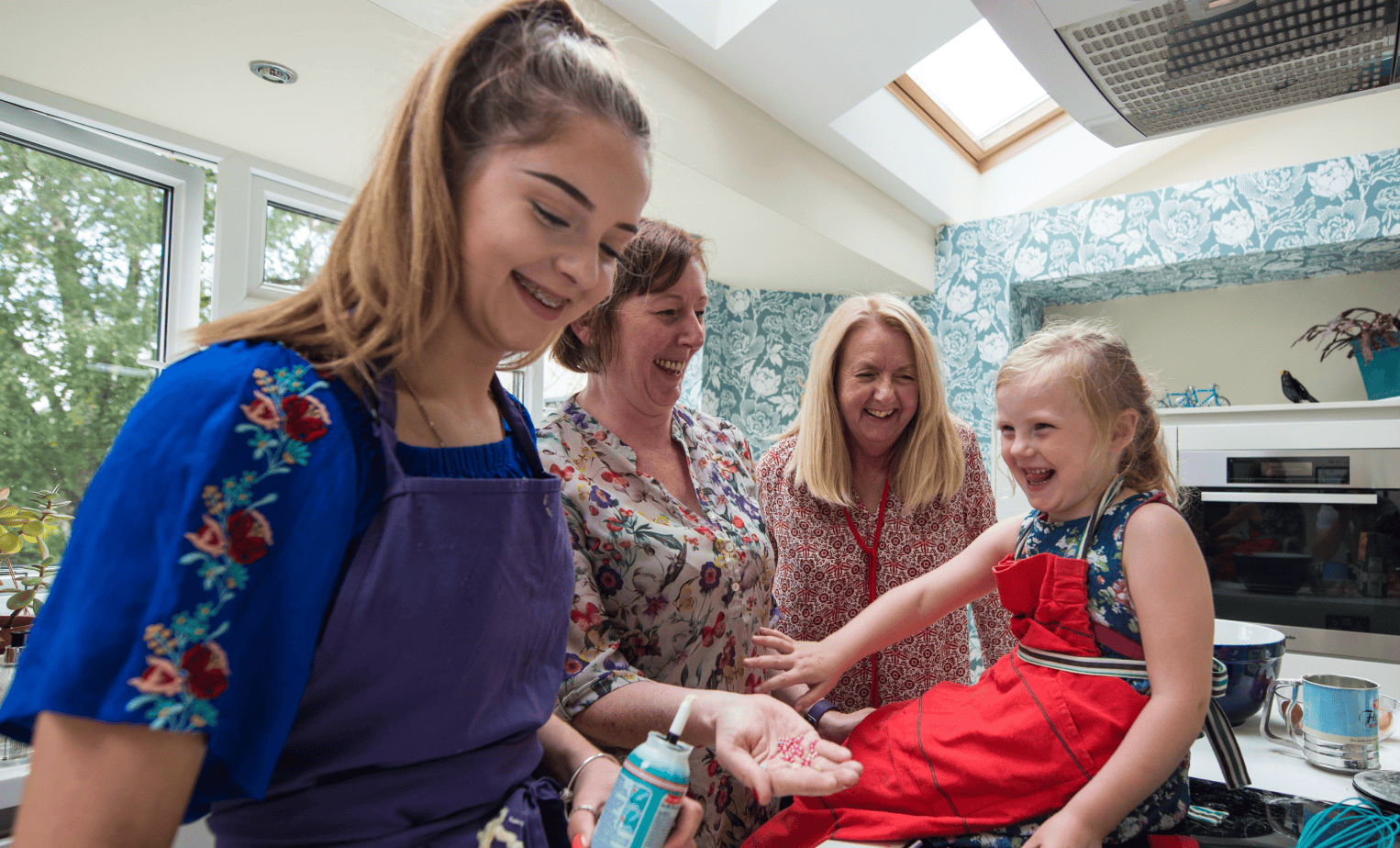Enabling children to create, maintain and sustain safe and positive relationships with different people lies at the heart of the work that foster families do. The role modelling of sustaining positive relationships in practice is an essential part of a foster carers work and this starts right at the beginning with the assessment process.
At To the Moon and Back Foster Care we work with several assessors who are able to develop long term relationships. Given the conversations that inevitably take place as part of an assessment it is not surprising that many foster carers talk about assessment as a soul searching experience where very private things are brought into the open.
It’s important to build trust by balancing the power of the relationship formed during the assessment. The assessor will do this by sharing some things about themselves, so that there is a balance of knowledge of each other. There is a fine line however. The sharing of personal details by the assessor, with the person he or she is assessing, should be in the best interests of the person being assessed. It takes experience and skill to do this well. One of our assessing social workers Zuzana shares with me how she has mastered her ability to develop meaningful and safe relationships with the people she assesses, so that she can ask the right questions and ensure people feel able to trust her with the answer.
I asked Zuzana how she approached the building of her relationship with the families she assesses.
When the family has been told that an assessing social worker will be in touch with them to start their fostering assessment process … I know how I would react. I would start to wonder, who is she/he? What are they going to be like? will they like us or the way we live, the way we do things? Will they like the house? What if there are things they do not like? Will it stop us from becoming foster carers?
There is no doubt that it can be quite unnerving when a complete stranger comes into the life of a prospective foster carer with whom very private information is expected to be shared within a short period of time of knowing them. The assessment process is designed to be very thorough and delves into people’s histories; exploring their childhoods, relationships with their families, friends, partners and children. It also looks at employment, education and people’s financial situation and requires nominated referees to provide character references and in doing so, gives other people opportunities to comment on their suitability to foster. Even the most confident and self-assured person would find one aspect of their lives that they would struggle to talk about! It is my job to gather as much information as I can and if I am going to do that well, I have to put everyone at ease and enable them to feel that they can really trust me and know I will report it accurately and with sensitivity.
There is quite rightly, so much legislation around the fostering process. We provide services for very vulnerable young people and we have to be certain that they are placed with people who have the physical and emotional ability to support a child in their individual healing of their trauma following abuse or neglect. We aim for children to be able to stay as long as they need to stay with a foster family and we have to plan ahead, so the more information we have about a carer, the greater the likelihood of us making a good match with a child thus reducing the risk of breakdowns in the relationship.
Transparency and openness during the assessment is crucial from both parties: the foster family as well as the assessing social worker. The assessment process should give the prospective foster family an opportunity to explore their motivation and examine whether their expectations are realistic. Conversely, it gives the assessor the opportunity to present different scenarios to the foster family and outline some of the challenges they are likely to be presented with when they foster. It is important that the applicants disclose everything, however trivial they think things might be. The majority of issues, which are identified during an assessment can be appropriately addressed. In rare cases however, information arises during the assessment, which prevents the applicants from continuing with the assessment process. It is therefore crucial that applicants are honest and open from the outset so that their expectations can be realistically managed.
The assessing social worker should ensure that prospective foster carers are at ease and comfortable talking with them about all the aspects covered in the Form F (assessment document) and most importantly feel safe doing so.
Zuzana pointed out that for many people going through the assessment, the relationship with their assessing social worker will be a first taste of what it will be like when they foster. The assessor therefore has the responsibility to establish a good reciprocal working relationship with the foster family. The assessment process provides an opportunity to gain experience of what the working relationships with social workers are like. It is important for the assessor and the foster family to communicate well, be it via email or on the phone. There are many written pieces of information which need to be completed by the foster family whilst they are assessed and these documents contribute to the assessment itself. There will be a lot of paperwork expected from the foster carer in the future, so being confident, with the delivery of written pieces of information and communication with others involved in foster children’s lives, is crucial. It is a necessary skill and this skill can be evidenced during the assessment itself. It importantly, gives prospective foster carers the opportunity to practice! Let’s face it none of us are born experts in our field. It takes skill and time and it has to start somewhere.
We hand pick our assessors to ensure that our prospective foster carers get treated in the way we believe they should experience our fostering agency. It’s important that they feel respected and valued during the process and that they feel we have true empathy for what they are going through. This comes from there being a good relationship in place.
Zuzana gets the final word. There will be many new personal and professional relationships that foster carers will establish once they have been approved, these are with professionals working in Children’s Social Care, other foster families and most importantly with the children who come to live with them. Collaborating with others to advocate on behalf of a child is an ongoing process as a foster carer and success comes out of working in partnership, where a relationship exists. The relationship between the assessor and the foster family should mirror some of the characteristics of the future relationships between the foster family and the foster children. After all we are here to support the building of meaningful relationships with children and anyone that is significant in the child’s life, supporting the child to go on to fulfil their true potential, regardless of what they have experienced in their early lives.



